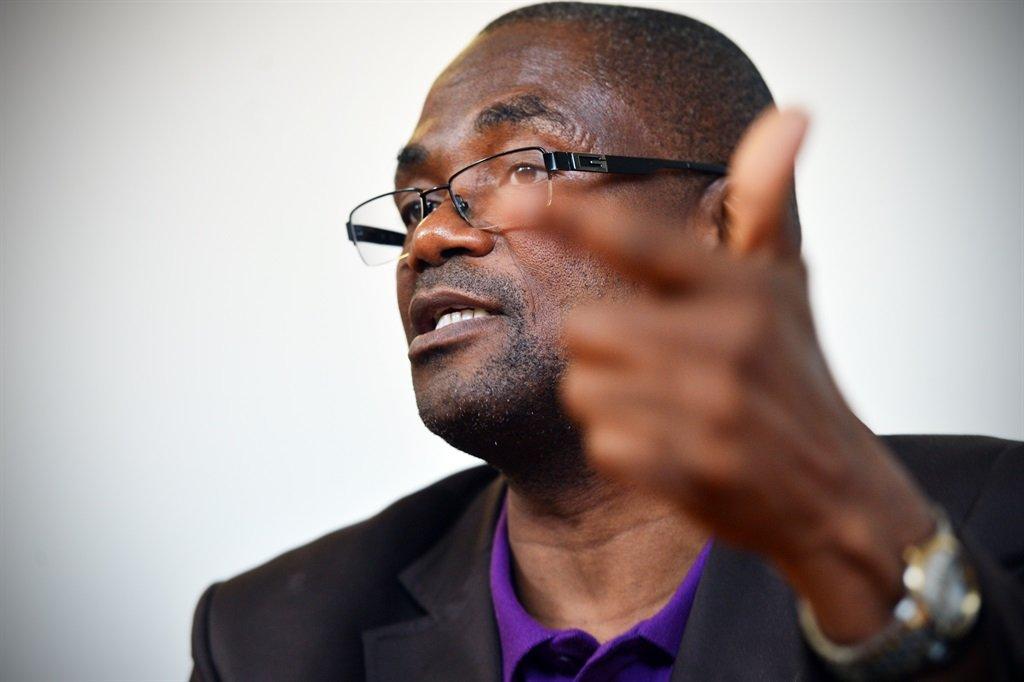
Africa-Press – South-Africa. The South African Democratic Teachers Union (Sadtu) says it is “outraged” by findings in a new Corruption Watch report that lifts the lid on corruption in South Africa’s education sector.
According to Corruption Watch, despite various policies and legislation intended to provide unimpeded access to decent education, there are still persistent incidents of corruption in certain parts of the education sector.
The organisation released the Sound the Alarm report on Thursday.
According to it, most cases originate from Gauteng, followed by KwaZulu-Natal and the Eastern Cape.
Some findings include allegations that those who hold positions of influence, such as principals and school governing body members, were the “primary culprits”.
Corruption Watch said its reports have shown that principals tended to recruit people they have close relations with for, mainly, administrative posts.
And in some instances, whistleblowers have reported acts of sextortion – a type of corruption in which women are told that they have to provide sexual favours to benefit financially or careerwise, it said.
These types of corruption extend further in the education sector, with female students being asked to sleep with educators for good grades, according to the report.
Sadtu’s Mugwena Maluleke welcomed the report but said the union was “outraged by the findings”.
Maluleke told News24: “When you have a teacher wanting to sleep with their own child, you must know that the moral fibre of the society has collapsed.
“If we have a situation where women are being asked to sleep with those in power for them to get employed, that is counter-revolutionary, the worst barbaric action that we can have in the country.
“These people are doing this because they know there will be no action taken against them, no consequences whatsoever because these criminals are protecting each other. Sadtu is very much outraged by this type of corruption.”
Meanwhile, National Professional Teachers’ Organisation of South Africa executive director Basil Manuel said: “If half of it is true, then we are in serious trouble. I want to see how [Corruption Watch] gathered their information and why this information is not sitting with authorities so that people can be charged.
But for Elijah Mhlanga, spokesperson for the basic education department, the information in the report is not new.
“We appreciate the work that they do and we also acknowledge that the report that they compiled is based on reports that people are making to them, which means there is a need for a platform that they provide.”
Mhlanga added that community members needed to take responsibility for corruption in schools.
Commenting on the sextortion allegations, Mhlanga said: “It’s not a department matter. If someone offers you sexual favours in the community, you leave, you refuse, and you go report to the police. It is not a department matter.
“You go to the police and open a case; if you don’t open a case and you go and complain to Corruption Watch only, it is not going to help you. If you are a teacher and you ask to sleep with a learner, that learner should report them.”
The report has highlighted the voices of thousands of whistleblowers who reported education-related corruption between 2012 and 2021.
It also zoomed in on how alleged corruption impacted mainly primary and secondary schools, Sector Education and Training Authority (SETA) institutions as we all TVET colleges.
According to it, the top three forms of corruption are the misappropriation of resources, maladministration and abuse of authority.
“Prevalent too are incidents of bribery and extortion, including allegations of sextortion, and cases relating to employment irregularities,” the report read.
Meanwhile, in SETAs, there were claims that certain people in positions of power solicited bribes and flouted recruitment processes.
“The perpetrators of these acts of graft are said to be individuals administering and rolling out training programmes or the entities that are supposedly implementing learnerships.
“Whistleblowers have brought to our attention how administrators would short-change students on their stipends.
And in TVET colleges, the “most prominent corruption” forms are procurement irregularities, employment irregularities and abuse of authority.
“As with corruption in schools and SETAs, what is also apparent here are problems relating to [the] theft of resources and funds, as well as bribery and extortion.”
For More News And Analysis About South-Africa Follow Africa-Press





